Genesis 9:8-17: God's Covenant With Noah (Shane Mosby)
The word ‘covenant’ is often lost in our language, so understanding the meaning of the word is important before exploring the intricacies of a covenant established by the Creator of the world. We know that it is a promise, but it is more than a promise in normal terms as we understand it. A covenant is a solemn commitment, and when God makes a solemn commitment, it carries more depth than anything in this world, physical or not. Other examples of covenants God made with his people are the institution of the Sabbath and of circumcision. Both things serve a higher means than the physical and carry a spiritual depth beyond our physical selves. The closest we have today to compare would be marriage, which carries a rich depth and higher purpose than the symbols and words that it is comprised of. The same can be said of the covenant God makes to Noah and all of creation.
Noah found favor with God and pleaded with God to withhold his wrath from his servant. What it means to truly plead with God and have God seemingly change his mind is a mystery in itself, but that is what Genesis seems to illustrate. God chooses to save humanity through Noah. After the flood comes and destroys life on earth, Noah and his family are spared and are able to return to land and continue their lives. After the death and destruction that God poured out on the earth, a covenant is made.
God tells Noah that he will never again wipe out all living creatures through floodwaters, that there will never again be a flood to destroy the earth. It is a seemingly straightforward promise. God continues on, describing how he has set the rainbow in the sky as a sign of his covenant, and a reminder to man. If you’ve grown up in a church-going family, you likely have heard someone at some point exclaim about a rainbow, reminding everyone that it is a sign of God’s covenant. And they are right! The physical existence of the rainbow today is the symbol of God’s covenant made with Noah and is a way that the Word explains the purpose of its existence, not the nature of its existence. We learn in grade school science HOW a rainbow is formed, but here the Word tells us the deeper meaning.
The Hebrew text here uses the word ‘bow’ to describe the rainbow, which can be translated as ‘weapon of war’. Understanding that translation provides a much deeper meaning to the symbol. Why would God choose to place a “weapon of war” in the sky as a reminder of his covenant? Furthermore, why is it pointed at heaven instead of at earth? God, in outpouring his righteous judgment, flooded the earth with total and absolute authority and justice, yet in the aftermath, hangs up the weapon in a stance not threatening to the earth. God sought to remind us of his mercy rather than his vengeance. God did not desire a people that would come to him out of fear and terror but would choose him willingly. God knew that the sinfulness of man would persist without a vengeful existence, and he chose to extend mercy.
God made the symbol of his covenant with Noah and with humanity to be one of mercy rather than vengeance. We have the good fortune of living after the time that saw this merciful covenant come to fruition in Jesus. Jesus came to the earth not to condemn it, but to save it. That didn’t mean that Jesus did not warn others of God’s righteous wrath and judgment, because he often did. But Jesus came to earth with a message of love and mercy extended from God the Father, an open invitation to all who would accept and acknowledge Jesus as the Son of God and commit their lives to him. Jesus poured out mercy and offered hope for a better existence, just as God did in sparing Noah and all of humanity in the flood. As we reflect upon the covenant God made with Noah, we need to look no further than Jesus as a perfect outgrowth and recognition of that very promise.
